
Helado Negro on being 'Young, Latin & Proud'
Latin alternative musician Roberto Carlos Lange, who goes by Helado Negro, brought his indie electronic sound to Philadelphia as part of the Fringe Festival’s…
Latin alternative musician Roberto Carlos Lange, who goes by Helado Negro, brought his indie electronic sound to Philadelphia as part of the Fringe Festival’s late night line-up on Wednesday.
No doubt the son of Ecuadorean immigrants, who was born and raised in South Florida, and now lives in Brooklyn, is “Young, Latin and & Proud,” like the title of one of his latest songs and which lyrics go back and forth from English to Spanish.
But don’t expect any clichés; his songs fit better in an indie electronic station than with some of the most typical genres of Latin music.
During his presentation in Philly, Helado Negro performed songs from his latest album “Double Youth,” which includes songs like “Are I here,” “I Krill You” and “It’s Our Game.”
The following is part of a never-before published interview with Helado Negro last July in New York City during the Latin Alternative Music Conference (LAMC.)
Here’s what he had to say:
About growing up in Miami in the 80’s:
“South Florida is the capital of Latin America and it’s also a very Caribbean kind of place where all the Latino cultures and the culture of the United States come together. Growing up in the ’80s in Miami, there was bass, electro and freestyle on the radio, and there was also salsa and merengue. When I went to college for a Fine Arts Sound Design Program, I a lot about experimental music, musique concrète, installation sound… and it became this whole mixture of things in my mind”.
About making Latino music:
“I know who I am so there is no need for me to make a point by introducing a clave or timbal that’s going to be prominent in the sound. Whether or not people identify it or not that’s up to them, but I identify the sound that I make as Latino music.”
About the process of making music:
“The process is always sound oriented first, then I build on the sound whether it’s a melody, a harmony or a beat, and then I start introducing different elements. Lyrically, I start phonetically forming melodies, and whether it’s in Spanish or English that changes from song to song and moment to moment.”
About Spanglish and switching back and forth between English and Spanish:
“Growing up in South Florida everyone speaks like that. It’s just a part of me. More than anything, it’s who I am. Language is a form of communication and whether or not is grammatically proper or correct, as long as you are getting the point across, that’s what matters. Language is supposed to evolve and Spanglish is creating new words.”
About his lyrics:
“There are not a lot of narrative forms in my music, but there are conceptual forms, at times a surreal dream aspect that ties in loosely to different experiences throughout my life. There are not a lot of love songs per se. if anything, there’s a lot of melancholy, a lot more darkness or maybe a lot more goofiness that is hidden inside a lot of songs”.


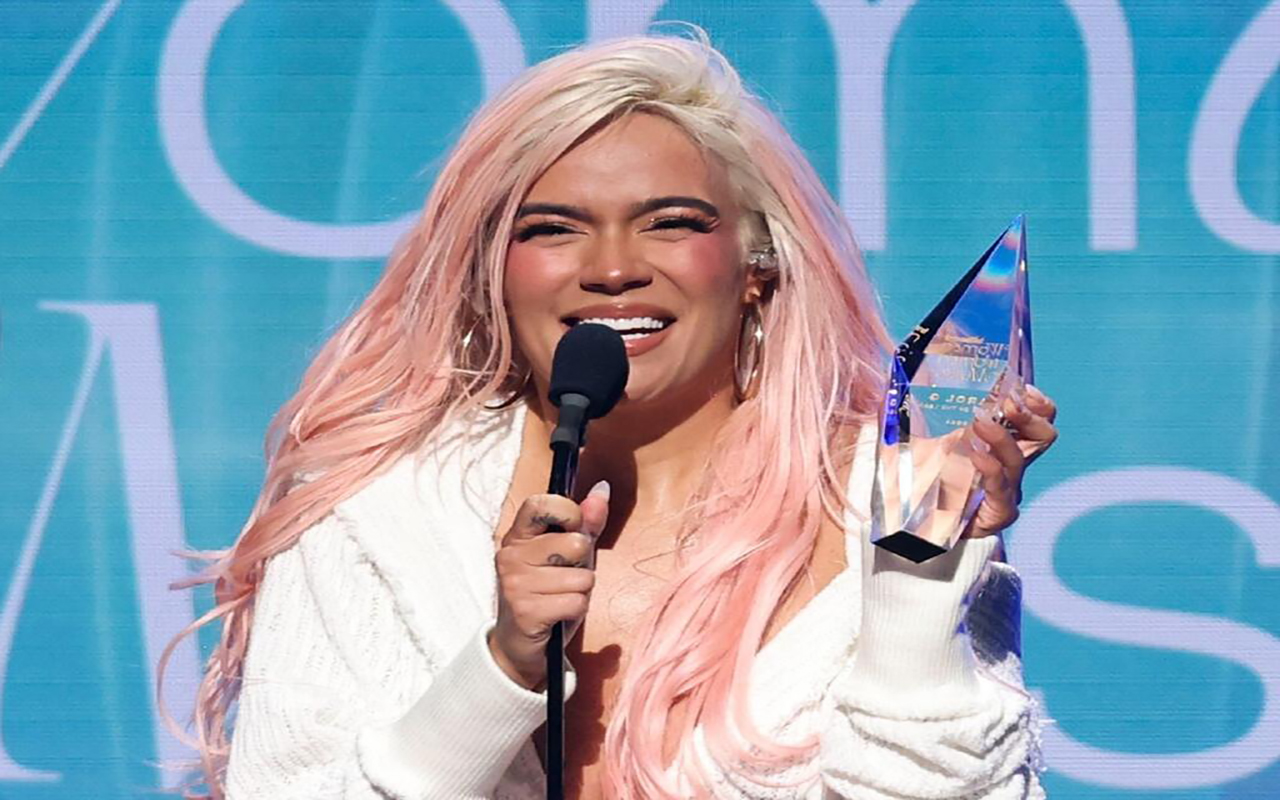
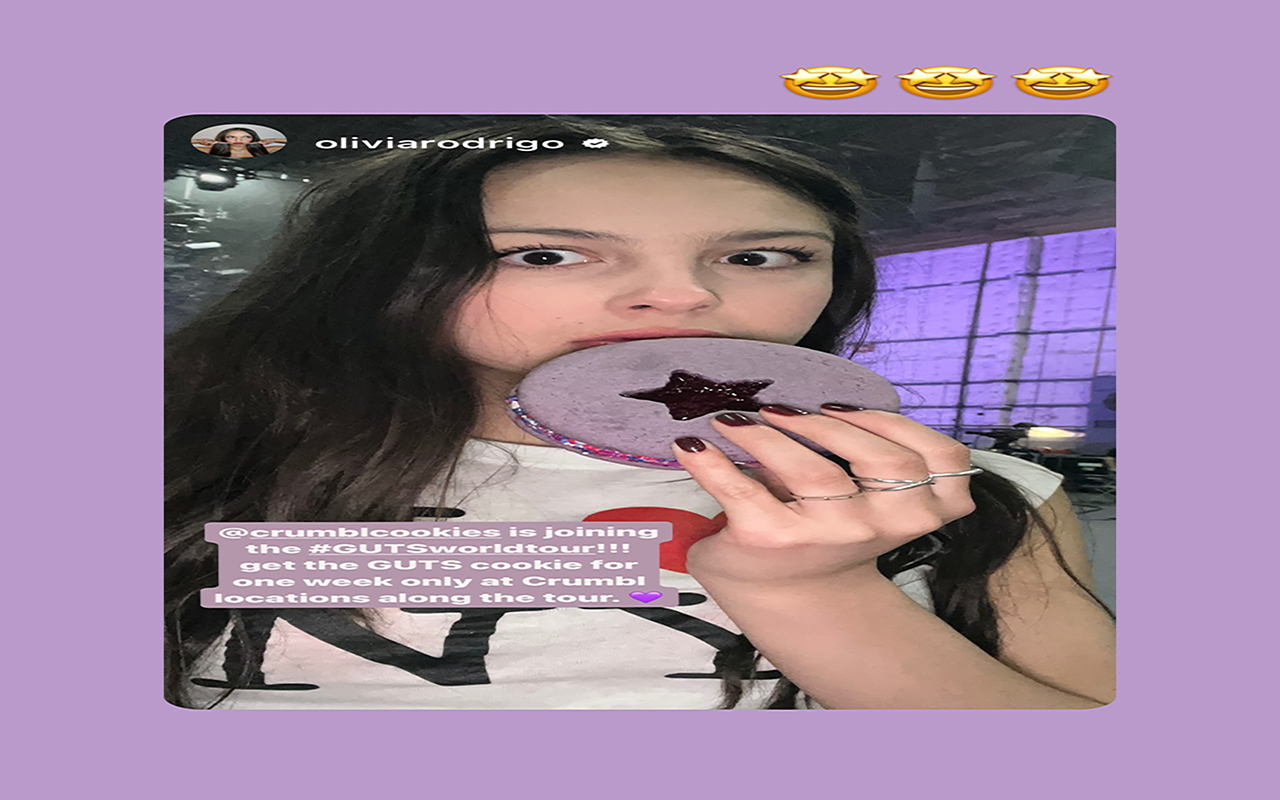
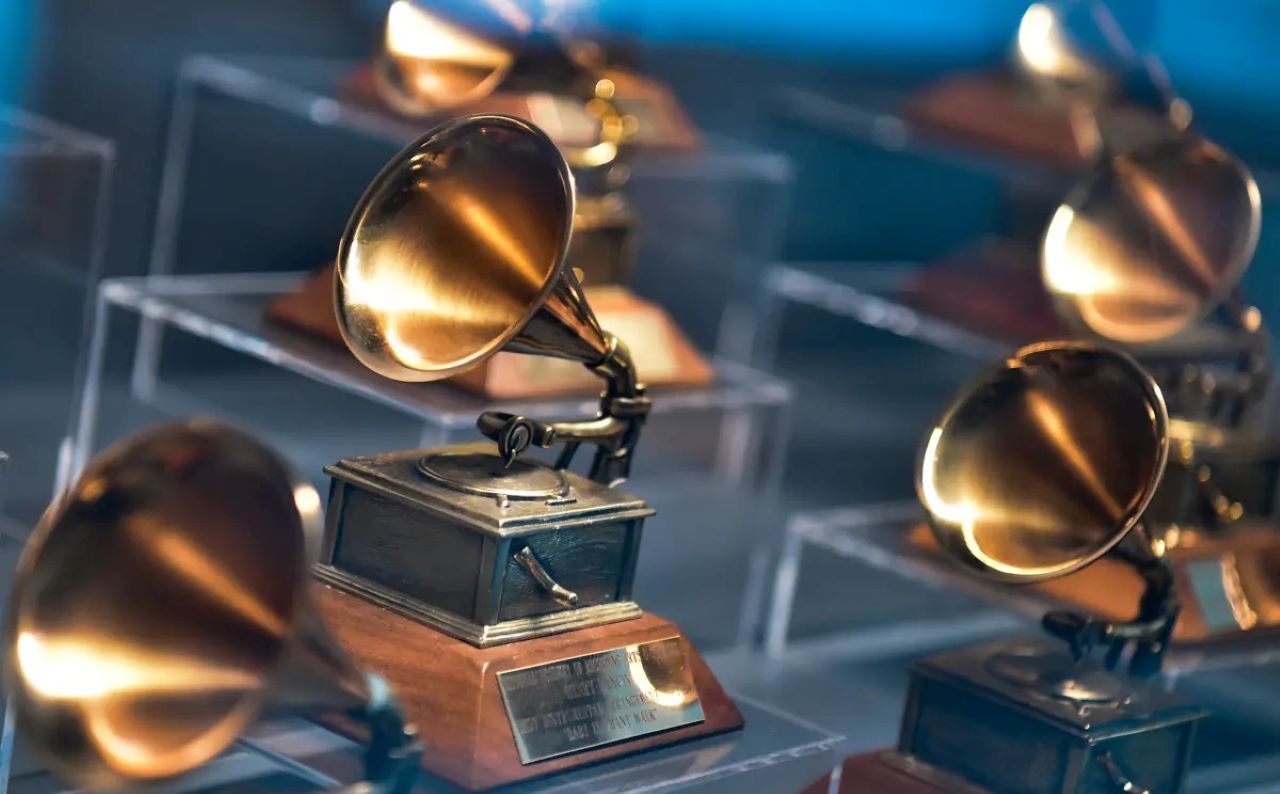
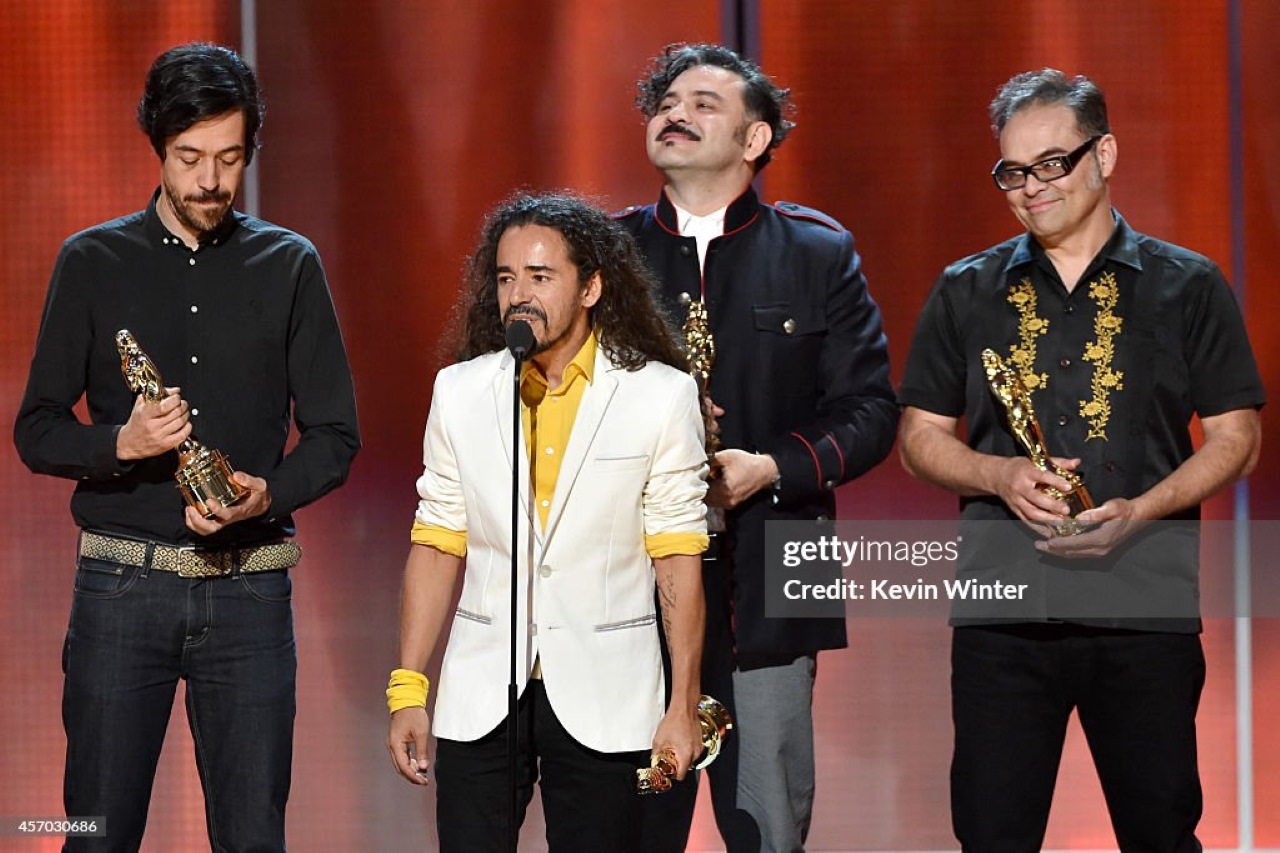
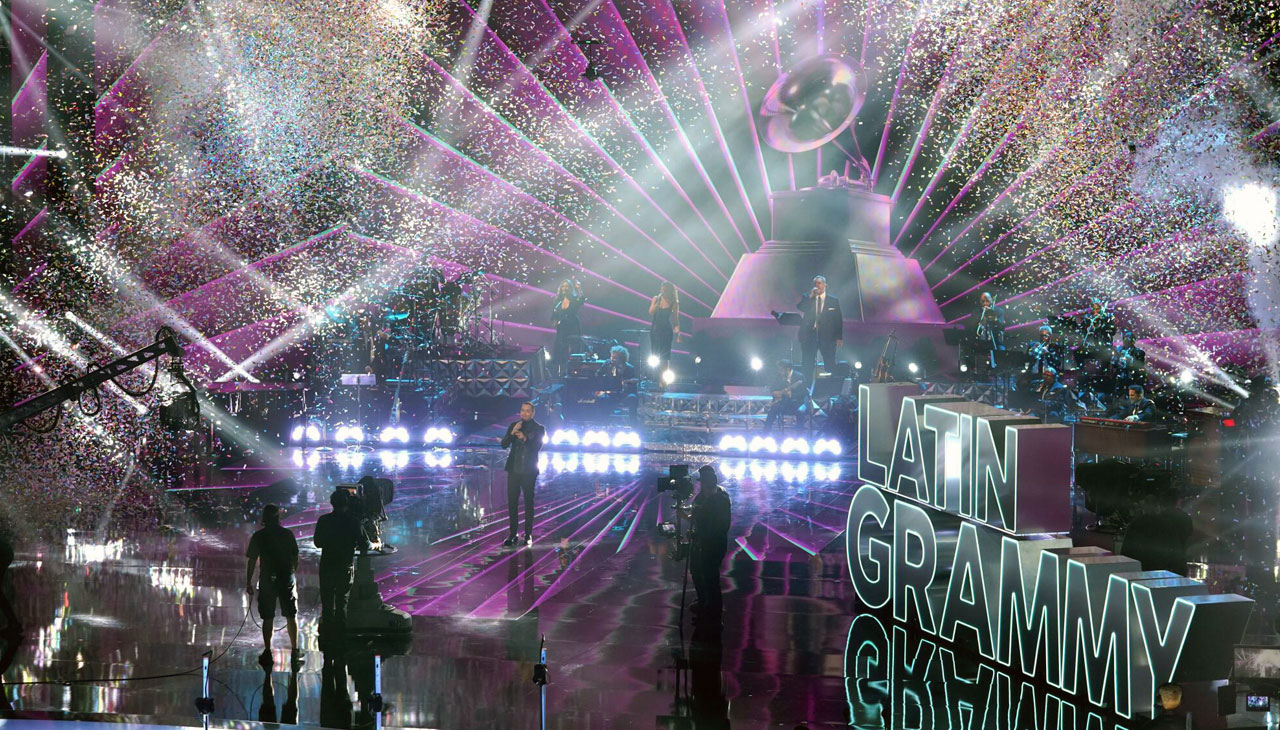
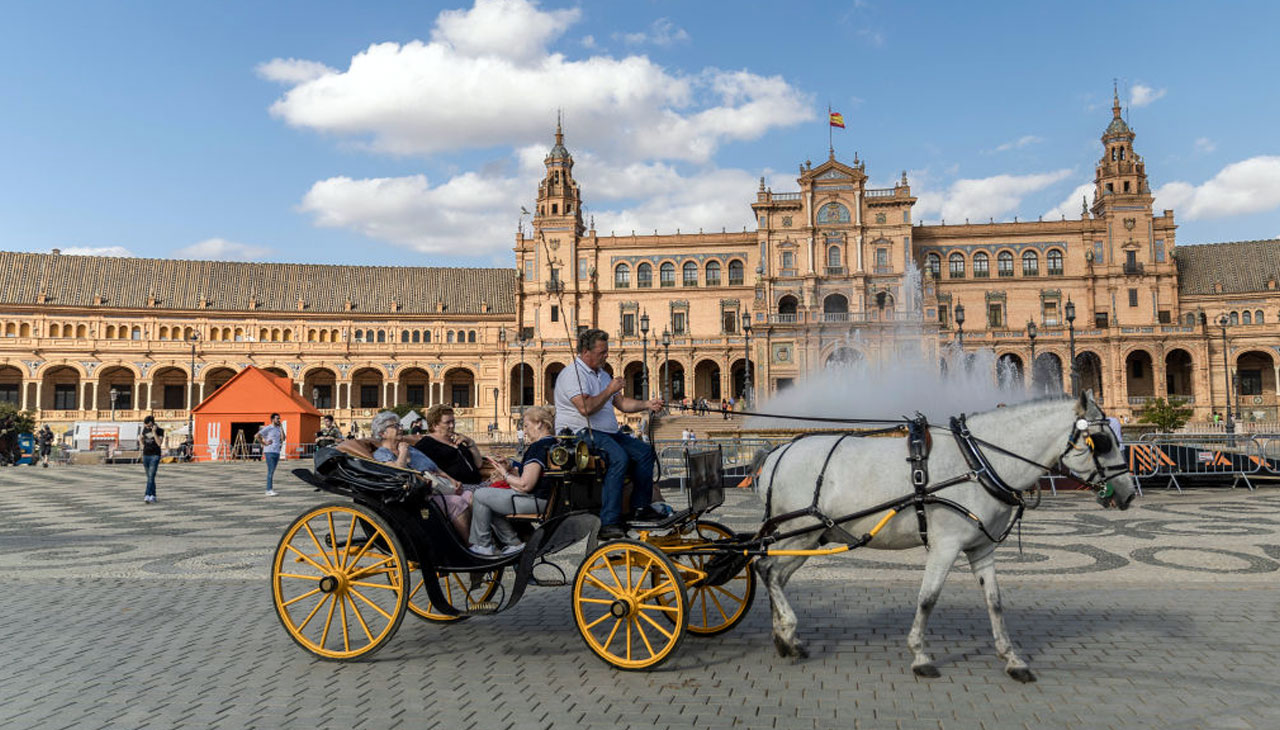

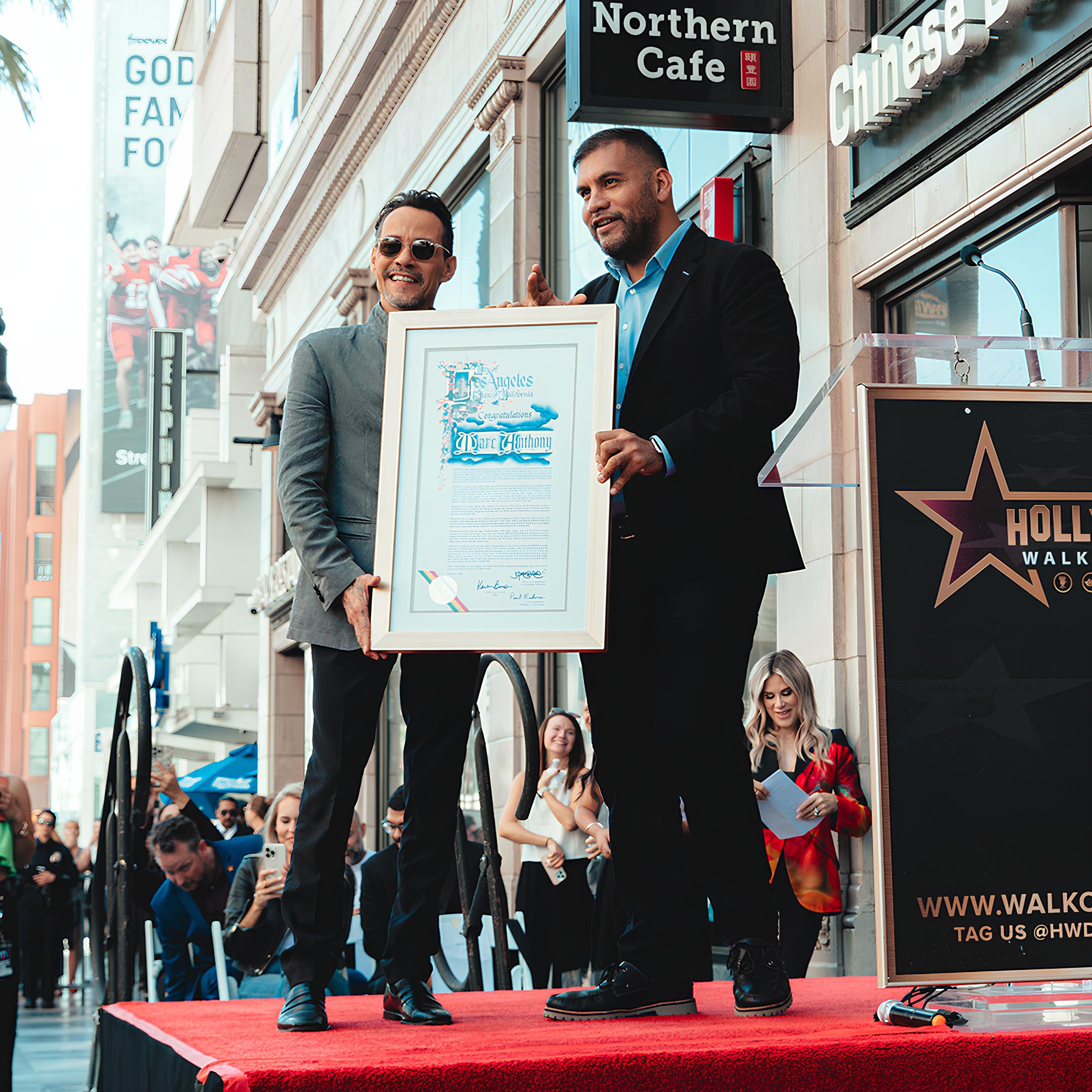
LEAVE A COMMENT:
Join the discussion! Leave a comment.